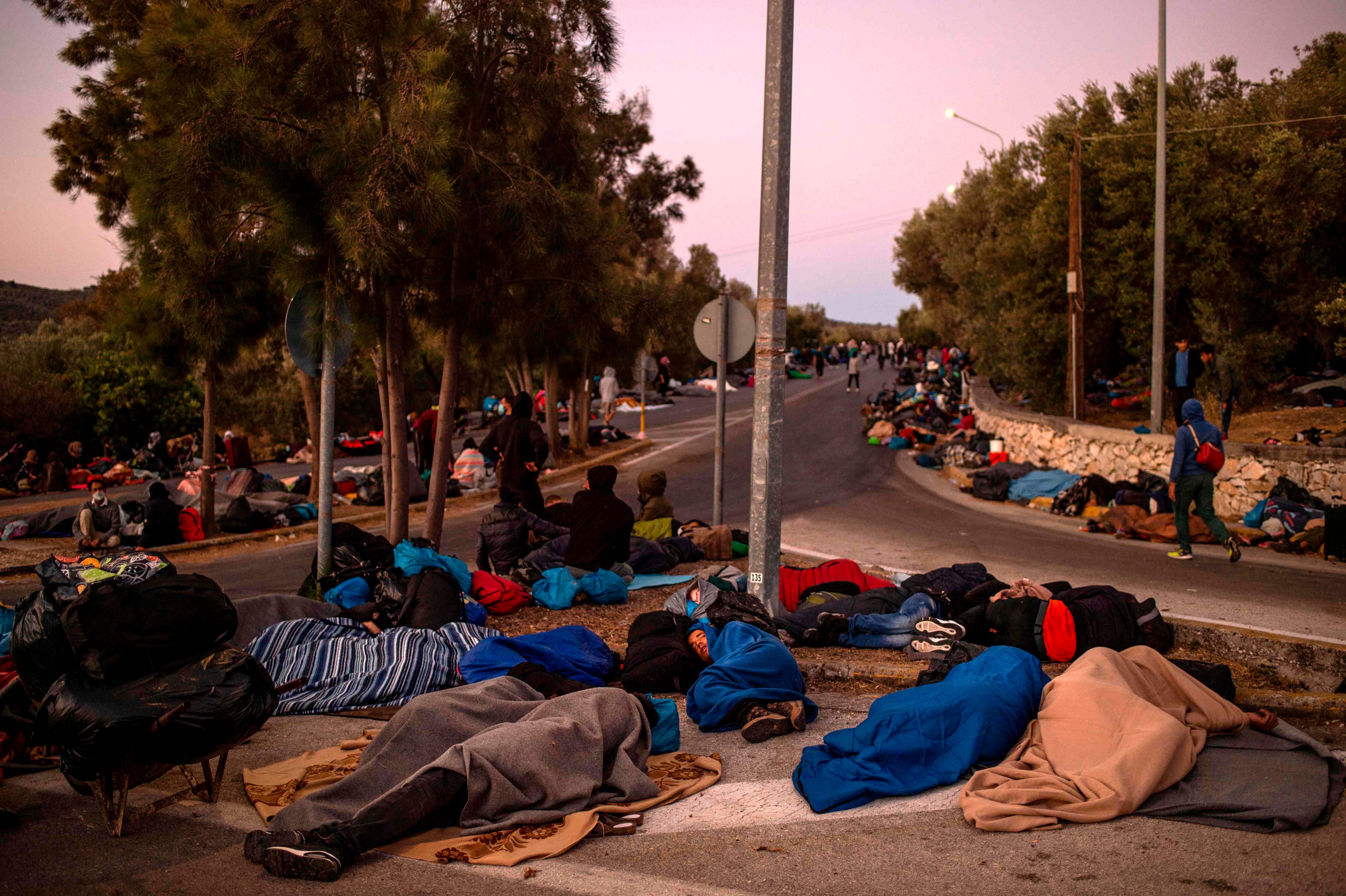This website uses cookies so that we can provide you with the best user experience possible. Cookie information is stored in your browser and performs functions such as recognising you when you return to our website and helping our team to understand which sections of the website you find most interesting and useful.

More than a billion people could be displaced around the world by 2050 due to the climate crisis, according to a new study.
The first ever Ecological Threat Register, published on Wednesday, found that 1.2 billion people could be forced to leave their homes in the next 30 years as natural disasters like droughts, hurricanes and monsoons continue to increase in intensity due to global heating.
Few countries will be immune to threats and the upheaval caused by the changing climate, according to the report, although some will be much harder hit than others.
Among those countries are some of the world’s poorest nations which are already experiencing severe impacts of the climate crisis.
The report was produced by the Institute for Economics & Peace (IEP) think-tank, which has also released projections such as the Global Peace Index and Global Terrorism Index.
Researchers found that the 19 countries with the most ecological threats were also among the nations with the most conflict including Afghanistan, Syria, Iraq, Chad, India and Pakistan. These countries have a combined population of 2.1 billion, around a quarter of the people on the planet.
There are 31 countries - mainly in Sub-Saharan Africa, South Asia, the Middle East and North Africa - that will lack the resilience to withstand the extreme impacts of the climate crisis, affecting more than a billion people.
In the next 20 years, a total of 5.4 billion people – more than half of the world's projected population – will live in 59 countries experiencing high or extreme water stress, including India and China.
On top of that, 3.5 billion people will be at risk from food insecurity by 2050, an increase of 1.5 billion from today.
Sierra Leone, Liberia, Niger, Malawi and Lesotho will be at greatest risk, where more than half the people already lack sufficient nutrition.
Mass displacement of citizens is most likely to happen in Pakistan, followed by Ethiopia and Iran, while Haiti faces the highest threat in Central America.
“In these countries, even small ecological threats and natural disasters could result in mass population displacement, affecting regional and global security,” a release from the report notes.
Although Europe and North America are predicted to have a higher resilience to the climate crisis, they will likely experience a “significant” number of refugees, the report found.
The report highlighted how the refugee crisis in the wake of wars in Syria and Iraq in 2015, which saw 2 million people flee to Europe, has led to political and social unrest.
Developed countries, such as Sweden, Norway, Ireland and Iceland, are among the 16 which are projected to face few ecological threats, researchers found.
Steve Killelea, IEP founder, said: "Ecological threats and climate change pose serious challenges to global peacefulness. Over the next 30 years lack of access to food and water will only increase without urgent global cooperation.
"In the absence of action civil unrest, riots and conflict will most likely increase. Covid-19 is already exposing gaps in the global food chain."



 Africana55 Radio
Africana55 Radio 
